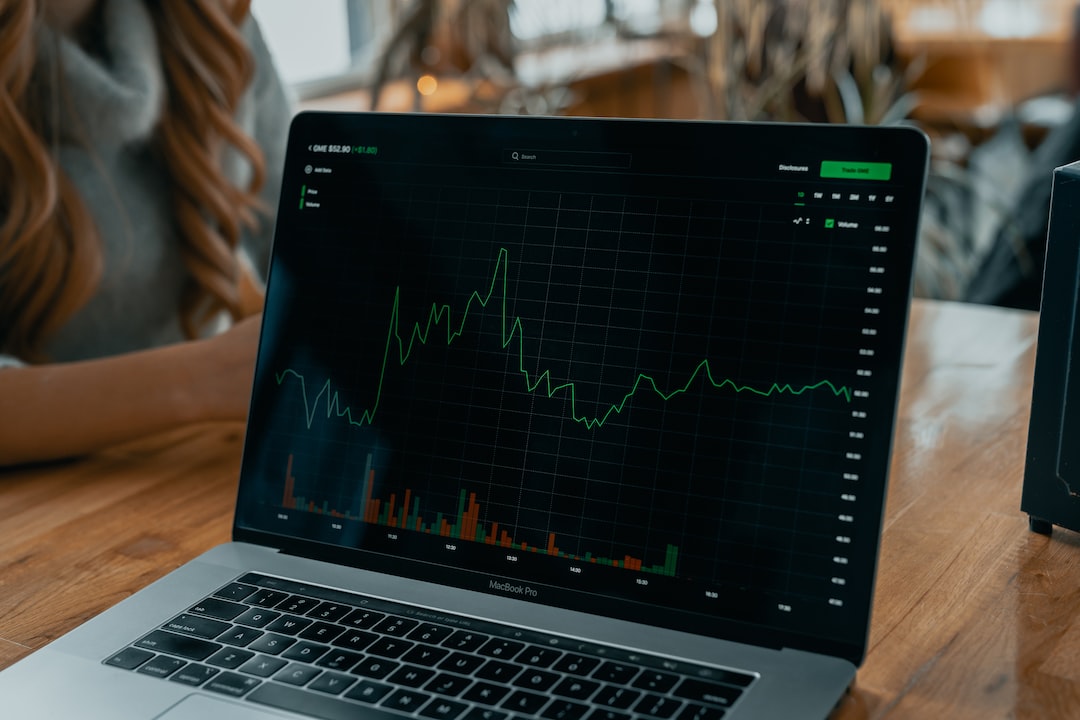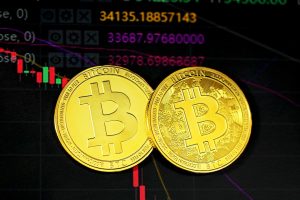Inflation is a key economic indicator that measures the rate at which the prices of goods and services in an economy increase over time. It is a critical factor that impacts the performance of any economy and the value of its currency in the Forex market. Inflation rate and forex are thus inextricably linked, and understanding this relationship can help traders make informed decisions when trading currencies. This article delves into the relationship between inflation rate and Forex, and how it affects forex trading.
What is Inflation?
Inflation is the rate at which the general price levels of goods and services in an economy increase over time. It is usually measured as a percentage increase in the Consumer Price Index (CPI) or the Producer Price Index (PPI) over a specific period, usually a year. The CPI and PPI are two key indicators used to track inflation trends in an economy.
For instance, if the CPI in an economy is 2%, it means that the average price of goods and services has increased by 2% over the past year. Inflation can be caused by various factors, including excess demand, cost-push factors, supply chain disruptions, and monetary policies.
How does Inflation Affect Forex?
Inflation has a significant impact on the performance of any economy and the value of its currency. The following are some ways in which inflation rate affects Forex trading:
1. Currency Value
Inflation can affect the value of a currency in two ways. First, high inflation rates can lead to a decrease in the value of a currency. This is because when inflation increases, the purchasing power of a currency decreases, making it less attractive to investors. This may lead to a decrease in demand for the currency in the Forex market, which can cause its value to depreciate.
On the other hand, low inflation rates can increase the value of a currency. This is because low inflation rates indicate a stable economy, which is attractive to investors. A stable economy means that the purchasing power of a currency is not eroded by inflation, making it more valuable.
2. Interest Rates
Inflation rate can also impact the interest rates set by the central bank. When inflation increases, the central bank may increase interest rates to control the money supply and curb inflation. Higher interest rates can attract foreign investors, which can increase the demand for a currency and boost its value in the Forex market.
Conversely, when inflation is low, the central bank may lower interest rates to stimulate economic growth. Lower interest rates can make a currency less attractive to investors, which can decrease its demand and value in the Forex market.
3. Trading Strategies
Inflation rate can also impact the trading strategies used by Forex traders. High inflation rates can lead to increased volatility in the Forex market, making it riskier for traders to hold positions for an extended period. Traders may, therefore, adopt short-term trading strategies to minimize their risks.
On the other hand, low inflation rates can lead to a more stable Forex market, allowing traders to adopt long-term trading strategies. However, traders must keep track of any changes in inflation rates as they can impact their trading strategies.
4. Commodity Prices
Inflation rate can also impact commodity prices, which can, in turn, affect the value of currencies. For instance, when inflation is high, the prices of commodities such as oil, gold, and silver can increase. This can cause the currencies of countries that are net exporters of these commodities to appreciate in value.
Conversely, when inflation is low, the prices of commodities can decrease, leading to a decrease in the value of currencies of countries that are net exporters of these commodities.
Conclusion
Inflation rate and Forex are inextricably linked, and understanding this relationship is critical for Forex traders. Inflation can impact the value of currencies, interest rates, trading strategies, and commodity prices. Traders must, therefore, keep track of inflation rates and use this information to make informed trading decisions. By doing so, they can minimize their risks and maximize their profits in the Forex market.






